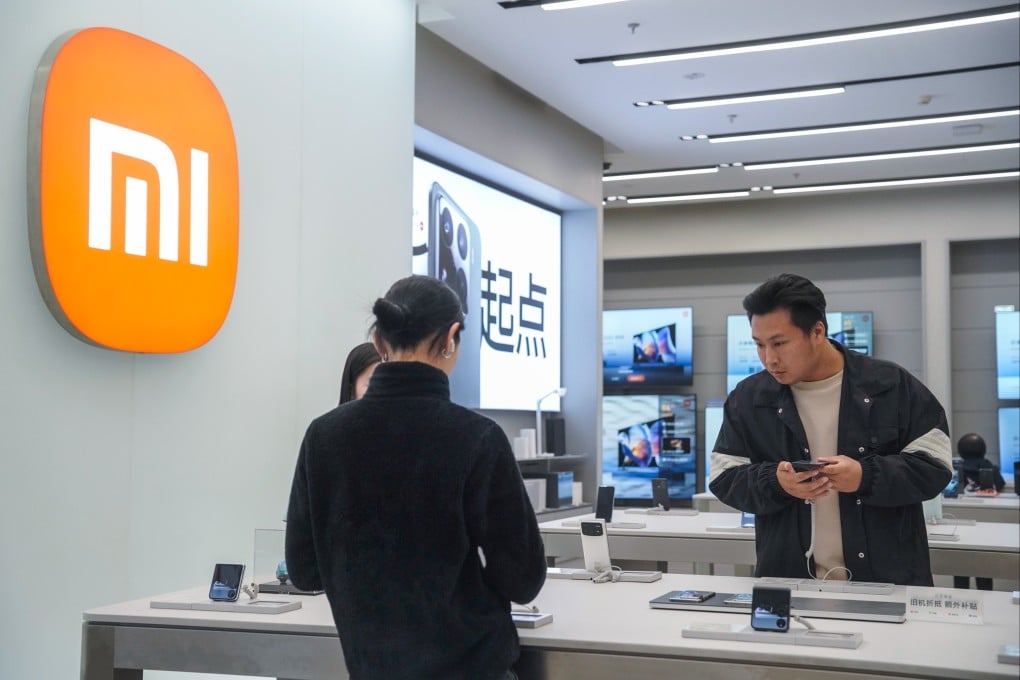Xiaomi readies mobile chip design for 2025 mass production to cut reliance on Qualcomm
Xiaomi’s move could help with China’s goal of tech self-reliance, but only Apple and Google have completely transitioned to self-designed silicon

The processor may help Xiaomi be more self-sufficient and stand out in an Android market led by Qualcomm customers. Mass production of the chip designed in-house is expected to begin in 2025, according to people familiar with the matter, who asked not to be named discussing a private corporate plan.
The 2025 time frame underscores how Xiaomi’s keen to join a growing number of tech majors investing in semiconductors, a key focus for Beijing in a broader tech race with the US. Chinese officials have also repeatedly asked local firms to reduce their reliance on foreign tech as much as possible, and Xiaomi’s move is likely to help with that goal.
For the Beijing-based company, it marks a foray into yet another cutting-edge field, in a year where Xiaomi also invested heavily in electric vehicles (EVs).
For Xiaomi, developing in-house chipmaking expertise can help the company’s efforts toward making smarter and better connected EVs, above and beyond more competitive mobile devices. Xiaomi’s move into carmaking was originally motivated by the company facing sanctions by the first Trump administration, which were later revoked.